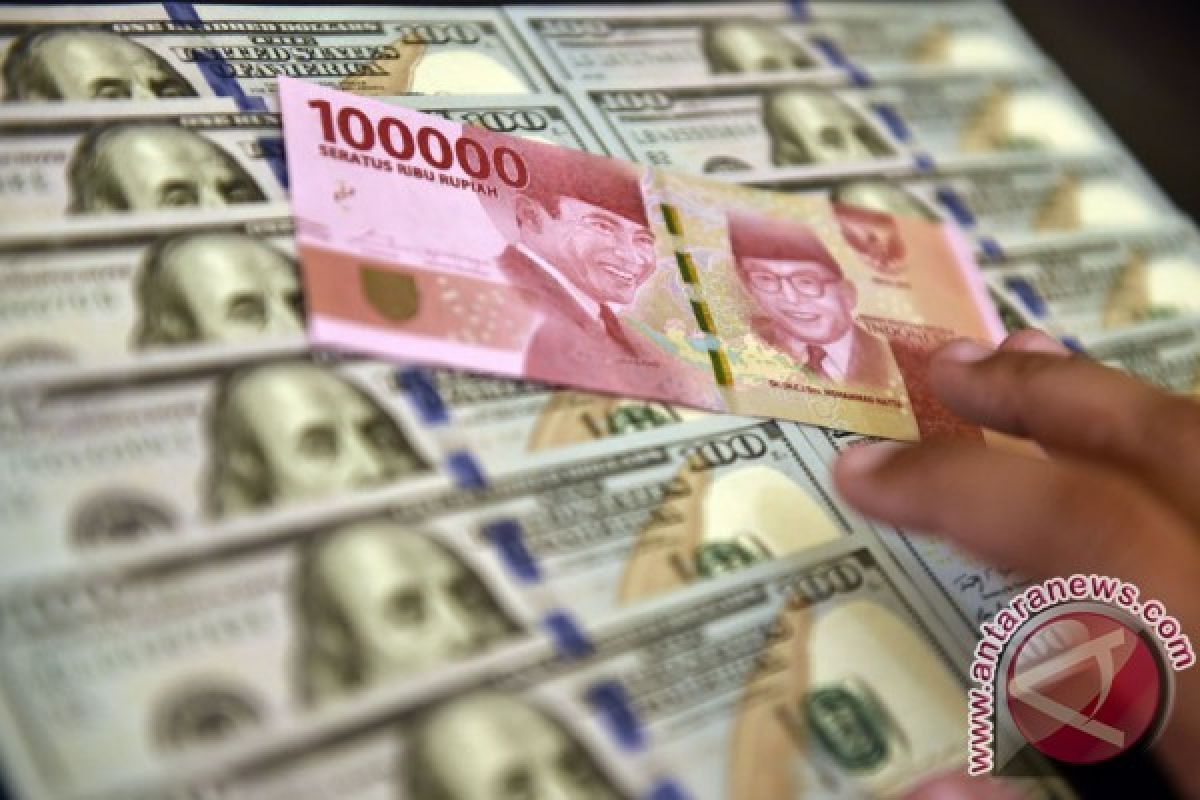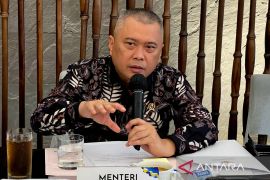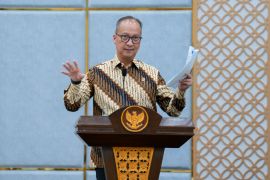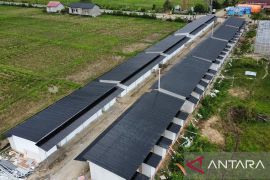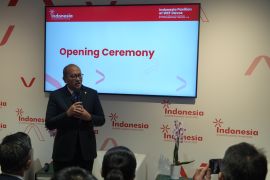Rector of the Atma Jaya University Agustinus Prasetyantoko said it would be difficult for rupiah to regain a stronger exchange rate amid the global uncertainty, which is expected to continue through next year.
Inflows of foreign capital in 2019 would not be as strong as in earlier years and liquidity tends to be tighter, Prasetyantoko said here on Wednesday.
"With limited supply and liquidity rupiah would not return to the level of 13,000 or 14,000 per dollar. The level of 15,000 per dollar is a new equilibrium for rupiah ," he said.
On the other hand, he said rupiah had also hit the rock bottom that despite the global economic uncertainty, rupiah would not be sinking deeper in value than it is at present.
He recalled, in political year in 2013, rupiah was under pressure, but it regained strength immediately after the winner of the presidential election was announced in 2014.
"The condition was similar and we could recover from the situation . It seems we do not have to be worried too much. Rupiah could weaken but would not be significant," Prasetyantoko.
He said in short term , Bank Indonesia has been right in raising its benchmark interest rate to weather the impact of the rise in the fund rate of the Fed. The U.S. Central Bank is yet to raise its fund rate before the end of this year and next year.
Prasetyantoko went on to say that in mid term export performance has to be improved to cut the current account deficit that rupiah would be more resilience in facing external turbulence.
Meanwhile, Director of the Surveillance and Financial System Stability Group of the Deposit Insurance Agency (LPS) Dody Arifianto said the super dollar phenomenon has put pressure on exchange rates in a number of developing nations.
The rupiah weakening is partly attributable to normalization of the policy of the Fed and the escalation of the trade war, which is feared to continue until 2019 mainly between China and the United States.
However, the government`s reform policy such as in relocating the subsidy on oil fuel, massive infrastructure development and the policy to create conducive climate for the business sector are appreciated by the market.
Reporting by Citro Atmoko
Editing by Suharto
Reporter: antara
Editor: Heru Purwanto
Copyright © ANTARA 2018
